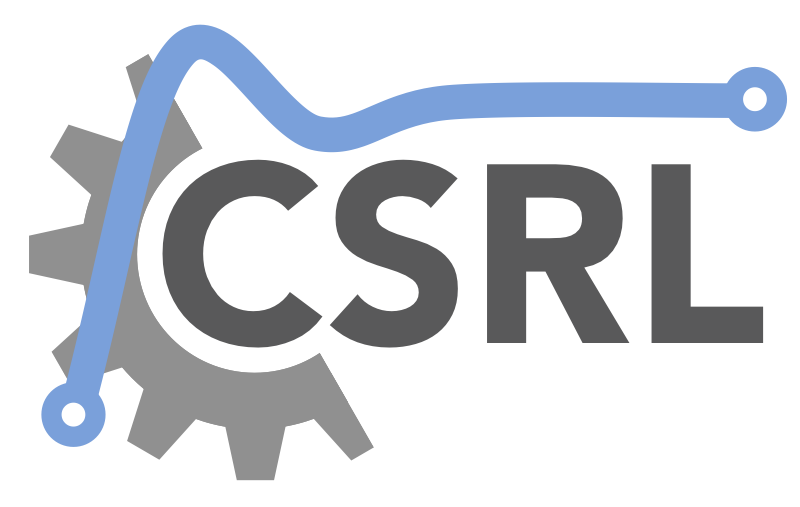Actuators for Mechatronic Systems
8th Semester
Actuator is the basic unit of any mechatronic system which undertakes to exert force or torque in order to achieve the requested movement. The aim of the course is to familiarize the students with the basic categories of actuators and with their interface process with the control system.
The course material includes four basic categories of actuators:
- Pneumatic actuators (A1) Basic categories: linear, rotary type. (A2) Valves and control of pneumatic actuators, control of force and speed of actuation. (A3) Pneumatic servo systems.
- Hydraulic actuators: (B1) Basic categories: linear, hydraulic motors. (B2) Valves and control of hydraulic actuators, control of force and speed of actuation. (B3) Hydraulic servo systems.
- Electric actuators: (C1) Stepper motors, (C2) Servo motors, (C3) Electronic driving elements of stepper motors and servo motors (Electric drives)
- Special actuators: (D1) Piezoelectric, (D2) Shape memory alloys, (D3) MEMS.
After the course, the student can:
- understand the basic operating principles of a variety of actuators used in industrial robotics and mechatronic systems.
- be able to select and use the appropriate actuator given the desired application
- select and use the appropriate matching circuits, which may be required, to drive the actuators.
Required knowledge: Electronics, Theory and Control Technology
